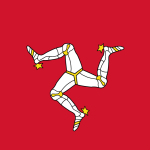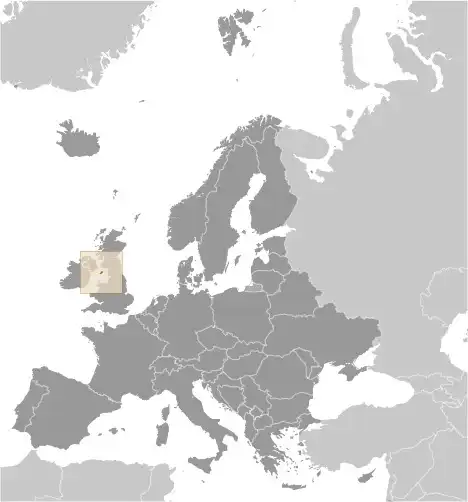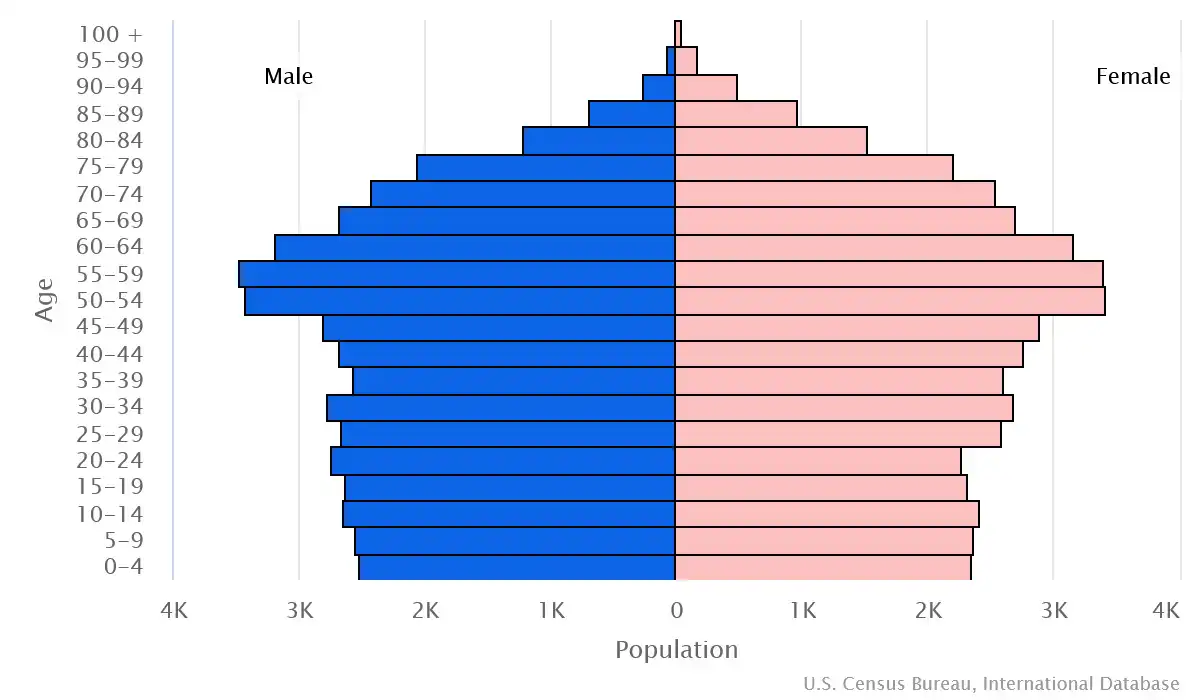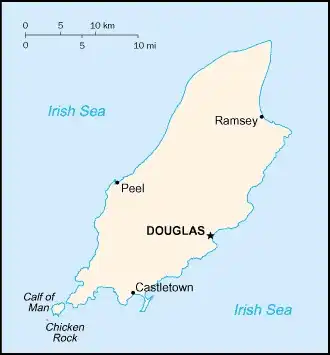
Isle of Man
Veröffentlicht: 19. June 2022 - Letztes Update: 28. February 2025
Country Data Dashboard

Population
92,269
Growth: 0.45% (2024 est.)
GDP
$7.931 billion
(2021 est.)
Area
572 sq km
| Government type: | parliamentary democracy (Tynwald) |
| Capital: | Douglas |
| Languages: | English, Manx Gaelic (about 2% of the population has some knowledge) |
People & Society
Ethnicity (2021 est.)
Religion (2021 est.)
Age structure

Economy
Economic overview
high-income British island economy; known financial services and tourism industries; taxation incentives for technology and financial firms to operate; historic fishing and agriculture industries are declining; major online gambling and film industry locale
Real GDP (purchasing power parity) in Billion $
Real GDP per capita in $
Top 5 Import Partner in 2022 (0%)
Top 5 Import Commodities in 2022
- ships 🚢
- delivery trucks 🚚
Top 5 Export Partner in 2022 (0%)
Top 5 Export Commodities in 2022
- crude petroleum 🛢️
- artwork 🎨
- vegetables 🥦
- fruits 🍓
- whiskies 🥃
Geography
Map

Area
Natural resources
- none 🚫
Climate
temperate; cool summers and mild winters; overcast about a third of the time
Historical Background Information
The Isle of Man was part of the Norwegian Kingdom of the Hebrides until the 13th century, when it was ceded to Scotland. The isle came under English lordship in the 14th century before being purchased by the British Government in 1765. Current concerns include reviving the almost extinct Manx Gaelic language. The Isle of Man is a British Crown dependency, which makes it a self-governing possession of the British Crown that is not part of the UK. The UK Government, however, remains constitutionally responsible for its defense and international representation.
